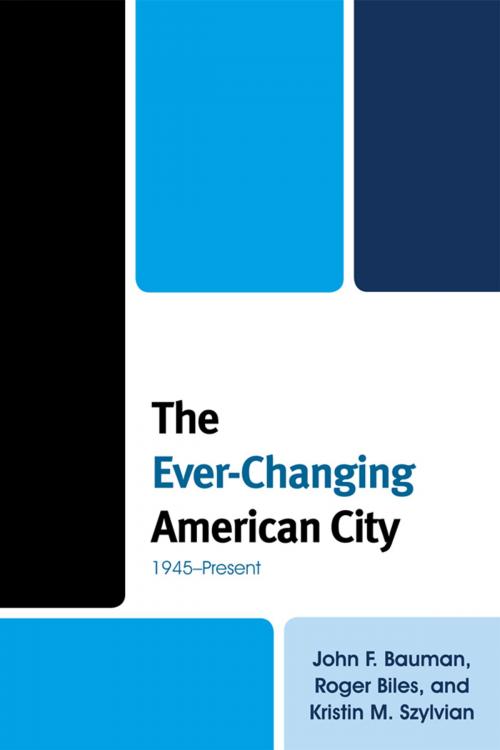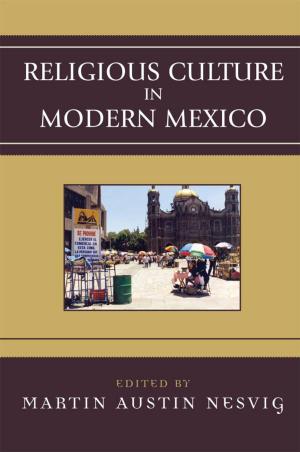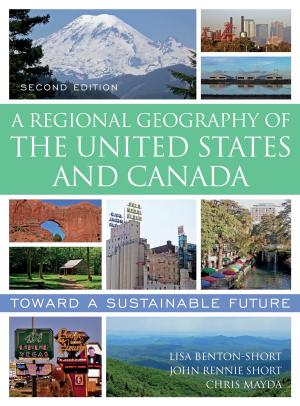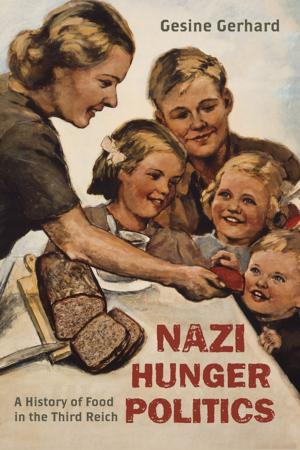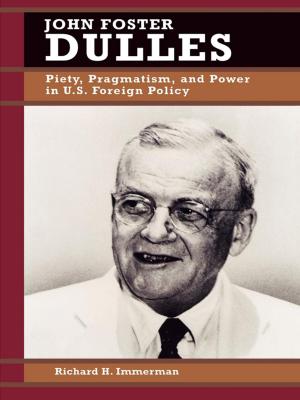The Ever-Changing American City
1945–Present
Nonfiction, Social & Cultural Studies, Social Science, Sociology, Urban, History, Americas, United States, 20th Century| Author: | John F. Bauman, Roger Biles, Kristin M. Szylvian | ISBN: | 9781442201835 |
| Publisher: | Rowman & Littlefield Publishers | Publication: | November 26, 2011 |
| Imprint: | Rowman & Littlefield Publishers | Language: | English |
| Author: | John F. Bauman, Roger Biles, Kristin M. Szylvian |
| ISBN: | 9781442201835 |
| Publisher: | Rowman & Littlefield Publishers |
| Publication: | November 26, 2011 |
| Imprint: | Rowman & Littlefield Publishers |
| Language: | English |
The Ever-Changing American City seeks to help readers understand the marked changes since 1945 in what constitutes a city in the United States and who lives and works in them. The story of the postwar American city is not a simple tale of decline and rebirth. Nor is it a straightforward account of the struggle between the old urban core or central business district and the suburbs on the urban periphery, for both have had their economic ups and downs. In the decades after World War II, the cityscape was altered to better accommodate the automobile, and the city gradually transformed from a place of production to a place of consumption. During the 1980s, city neighborhoods once occupied by migrants from the American South and immigrants from Southern and Eastern Europe began to house newcomers from Asia, Africa, and Central and South America. The economic, environmental, and social issues now facing American cities from Portland, Maine, to Portland, Oregon, will require them to continue the process of remaking or reinventing themselves.
The Ever-Changing American City seeks to help readers understand the marked changes since 1945 in what constitutes a city in the United States and who lives and works in them. The story of the postwar American city is not a simple tale of decline and rebirth. Nor is it a straightforward account of the struggle between the old urban core or central business district and the suburbs on the urban periphery, for both have had their economic ups and downs. In the decades after World War II, the cityscape was altered to better accommodate the automobile, and the city gradually transformed from a place of production to a place of consumption. During the 1980s, city neighborhoods once occupied by migrants from the American South and immigrants from Southern and Eastern Europe began to house newcomers from Asia, Africa, and Central and South America. The economic, environmental, and social issues now facing American cities from Portland, Maine, to Portland, Oregon, will require them to continue the process of remaking or reinventing themselves.
